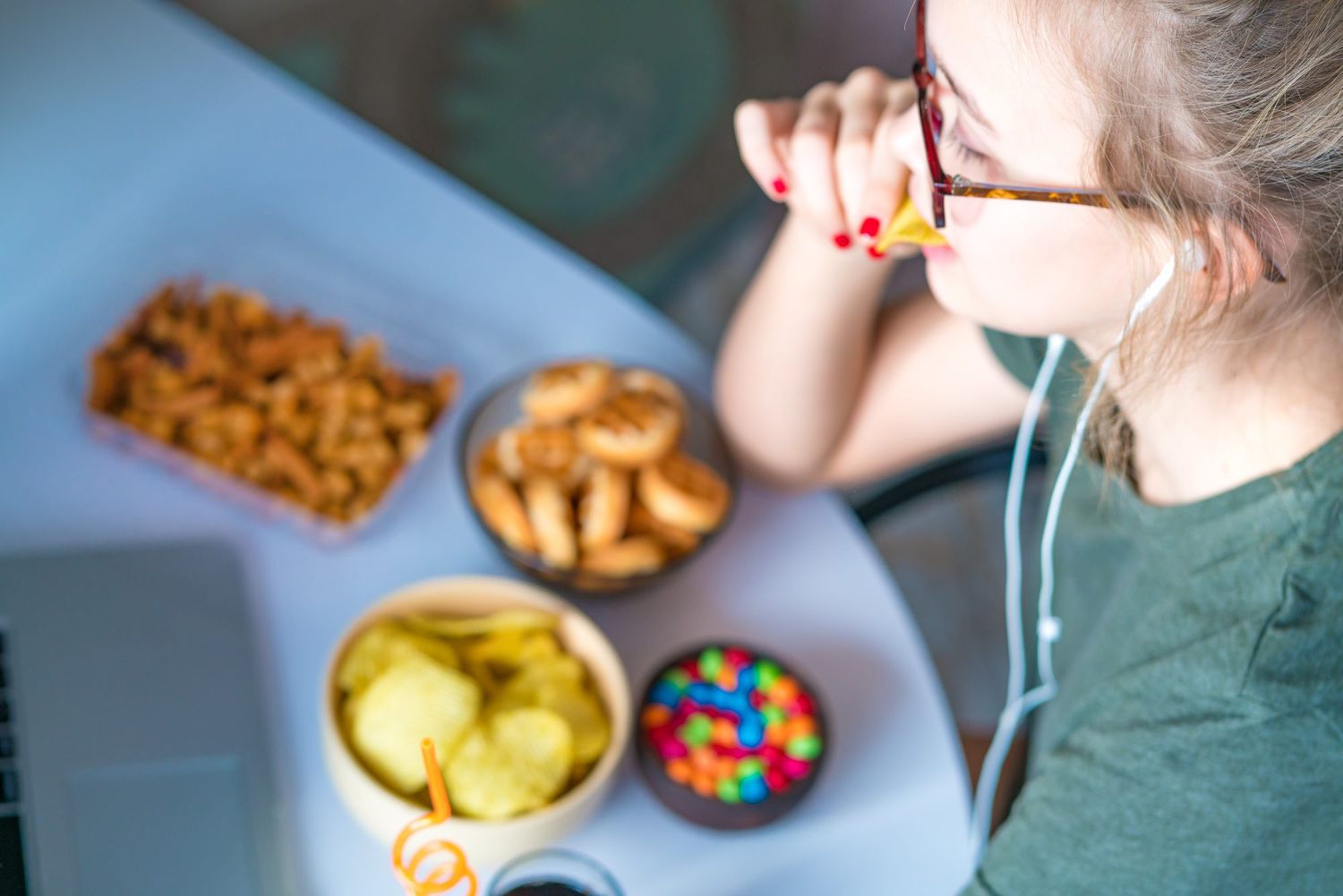Millions of people all over the world suffer from anxiety, which is a common mental health problem. Medication and therapy are popular ways to treat anxiety, but what you eat can also have a big impact on how you feel. In this blog post, we’ll talk about the best foods to eat to help with worry and the foods to stay away from.
1. Omega-3 Fatty Acids:
Research shows that omega-3 fatty acids found in fatty fish such as salmon, mackerel, and sardines can help reduce anxiety symptoms. These healthy fats help decrease inflammation in the brain, which can contribute to anxiety.
Also, Read- Transform Your Mental Health with These 6 CBT Techniques.
2. Complex Carbohydrates:
Complex carbohydrates such as whole grains, sweet potatoes, and legumes can help stabilize blood sugar levels, preventing spikes and crashes that can trigger anxiety. These foods also provide a steady source of energy, which can help improve mood and reduce stress.
3. Probiotics:
Probiotics, which are found in fermented foods such as yogurt, kimchi, and sauerkraut, can help improve gut health. The gut-brain connection is well-established, and research suggests that improving gut health with probiotics can also have a positive impact on anxiety.
4. Magnesium:
Magnesium is a mineral that plays a crucial role in nerve function and mood regulation. Foods high in magnesium include spinach, almonds, avocados, and dark chocolate. Consuming magnesium-rich foods can help reduce anxiety symptoms by promoting relaxation and calmness.
5. Foods to Avoid:
Certain foods and drinks can worsen anxiety symptoms, including caffeine, alcohol, processed foods, and sugary snacks. Caffeine can increase heart rate and trigger feelings of anxiety, while alcohol can disrupt sleep and lead to dehydration, exacerbating anxiety symptoms. Processed foods and sugary snacks can also lead to blood sugar imbalances and mood swings.
Conclusion:
While diet alone cannot cure anxiety, making healthy food choices can help reduce symptoms and improve overall mental health. Incorporating foods such as fatty fish, whole grains, probiotics, and magnesium-rich foods can help ease anxiety symptoms. At the same time, avoiding caffeine, alcohol, processed foods, and sugary snacks can prevent triggers that exacerbate anxiety. By taking a holistic approach to mental health and wellness, including nutrition, individuals can take control of their anxiety and lead a fulfilling life.








